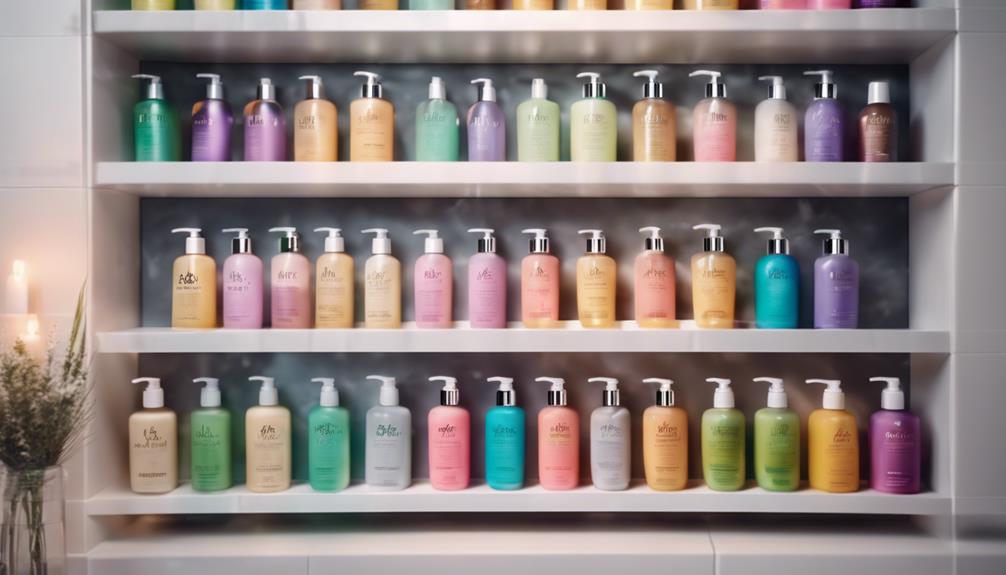A federal court recently ruled in favor of Hermès, dismissing the 2024 antitrust lawsuit related to Birkin bags. The court found that Hermès’ exclusivity policies, including limiting sales and tying them to high spending, don’t violate antitrust laws unless they harm competition. The decision confirms that luxury brands can maintain scarcity without breaking legal rules. If you want to know how this impacts luxury market practices, there’s more to explore below.

A federal court has dismissed a major antitrust lawsuit against Hermès regarding its Birkin bag sales, ruling in the luxury brand’s favor. The lawsuit, filed in early 2024, accused Hermès of engaging in anti-competitive practices by requiring customers to have a “sufficient purchase history” of other Hermès products before buying a Birkin. The plaintiffs argued that Hermès was unlawfully tying the purchase of a Birkin to additional items like shoes and scarves, which they claimed violated federal and state antitrust laws, including the Sherman Act and California’s Cartwright Act. They contended that this practice restricted competition and unfairly gatekept access to the highly coveted bags, which can cost from $12,000 to over $400,000.
The court’s decision to dismiss the case “with prejudice” means the plaintiffs cannot refile the same claims in federal court. The judge pointed out that Hermès’ policy of reserving Birkins for high-spending customers isn’t, by itself, an antitrust violation. The court emphasized that multiple attempts by the plaintiffs to amend their complaints failed to establish clear evidence of Sherman Act violations. It clarified that, in this context, Hermès’ exclusivity practices don’t inherently harm competition unless they result in market foreclosure or significant harm to other businesses. The ruling also noted that the unique nature of luxury retail—characterized by scarcity, exclusivity, and a business model centered on selective sales—makes applying rigid antitrust standards difficult. Voice acting plays a crucial role in conveying the aspirational value of luxury brands, influencing consumer perceptions.
Hermès’ exclusivity policies do not inherently violate antitrust laws unless they harm competition or market access.
The legal concepts of tying and monopoly power were central to the case. Plaintiffs needed to prove that Hermès held monopoly power specifically in the market for Birkins and that its tying practices—requiring the purchase of accessories before buying a Birkin—caused harm to competition. They argued that the tied products, such as scarves and shoes, were used as a prerequisite for access to the bags. However, the court found that merely setting purchase conditions, even if restrictive, isn’t enough to prove antitrust violations unless it demonstrably stifles competition or creates a monopoly.
For consumers, the case highlighted the frustrations of being unable to buy a Birkin despite a willingness to pay and a significant investment in the brand. Many buyers reported being told they needed to purchase more Hermès items first, often spending tens of thousands, to qualify for a Birkin. The bags’ scarcity, sold only through boutiques and not online, further accentuates their exclusivity. While these practices generate frustration among some customers, the court’s ruling indicates that, legally, Hermès’ approach isn’t inherently unlawful. The case underscores ongoing tension in the luxury industry: balancing exclusivity and legal compliance while managing consumer expectations and market fairness. Furthermore, the court’s ruling clarifies that high prices and limited availability alone do not constitute antitrust violations.
Frequently Asked Questions
How Might This Ruling Impact Future Hermès Product Releases?
This ruling likely encourages Hermès to continue using strict customer loyalty and access controls for upcoming product releases. You might see them further tighten their distribution, emphasizing exclusivity to maintain brand prestige. The legal clearance affirms their strategy, so they’ll probably focus on limited editions and purchase history requirements. As a consumer, you may face more opaque access, but the brand’s approach will remain legally sound, reinforcing its luxury image.
Are There Any Potential Appeals or Legal Challenges Pending?
You should know that while Hermès hasn’t publicly confirmed any appeals against the recent federal dismissal, plaintiffs might still pursue appeals or continue litigation in other courts. The ongoing class action and state claims suggest potential legal challenges remain. Keep an eye on scheduled court dates, like the hearing in January 2025, since these proceedings could influence future legal strategies or lead to new appeals.
Could This Case Influence Other Luxury Brand Disputes?
Imagine a fortress with high walls, making access tough but protecting treasures inside. This case sets a precedent, signaling that luxury brands can defend their exclusivity as a form of market differentiation. You’ll see other brands citing this ruling to justify controlled distribution and design protections. It discourages legal challenges based solely on fairness, instead emphasizing the importance of brand integrity and IP rights, shaping future disputes in the luxury world.
What Are the Broader Market Implications of This Decision?
You should recognize that this decision reinforces the use of exclusivity and controlled access as legitimate luxury market strategies, encouraging other brands to adopt similar practices. It may lead to more restrictive sales policies, potentially limiting consumer access and transparency. Additionally, it boosts investor confidence in luxury companies maintaining brand control, while challenging regulatory efforts to scrutinize or regulate high-end exclusivity models more strictly.
Will This Ruling Affect Consumer Access to Birkin Bags?
This ruling is like a velvet rope keeping the limited access intact—you won’t see a sudden flood of Birkins in stores. You’re unlikely to gain easier access, as Hermès maintains strict control over distribution and resale prices. The decision affirms that exclusivity is part of the luxury experience, so unless laws change, your chances of getting a Birkin remain slim, with access still reserved for top-tier customers.
Conclusion
So, congratulations, luxury lovers—you can breathe easy, at least for now. Hermes has won this round, ensuring that those coveted Birkins stay just out of reach, fueling the fantasy and the frenzy. Who needs fairness when you can have exclusivity wrapped in legal victory? Keep dreaming, folks. After all, the real jackpot isn’t in owning a Birkin, but in the thrill of the chase—and the court’s blessing to keep it just out of grasp.









